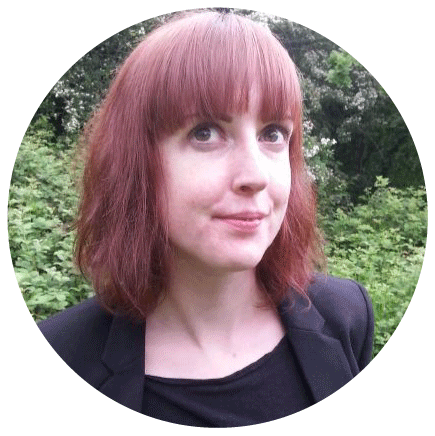 |
Laura is a spatial/computational ecologist who is interested in what impacts environmental changes have on species’ distributions and how we can use this information in landscape and conservation planning to reduce detrimental effects. In a previous career, Laura was a mathematician and database developer, and applies skills learned there to answer ecological questions.
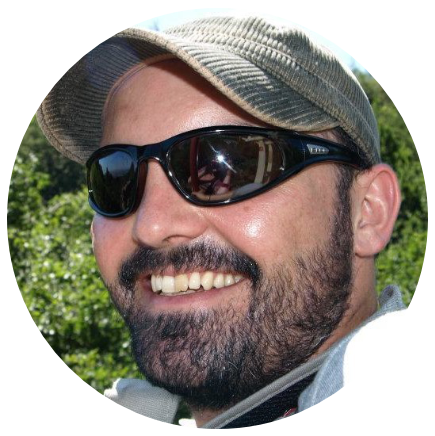 |
Chris is primarily interested in spatial population ecology, with a specific focus on space use, dispersal, and demography. The overarching theme of his research, and the research of those in his group, is increasing the biological realism of modern eco-statistical models to best test spatial ecological theory.
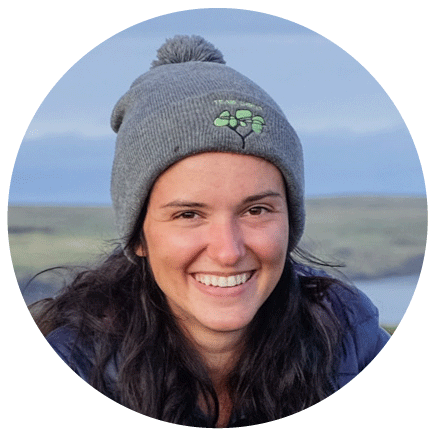 |
Gergana is a global change ecologist with a passion for biodiversity change, agro-ecology and quantitative syntheses. The overarching aim of her research is to determine the sources of the complex patterns of population and biodiversity change observed over time around the world. From forest cover change around the world to climate warming in the Arctic and more, she is investigating how and why Earth’s biota is changing across the Anthropocene.
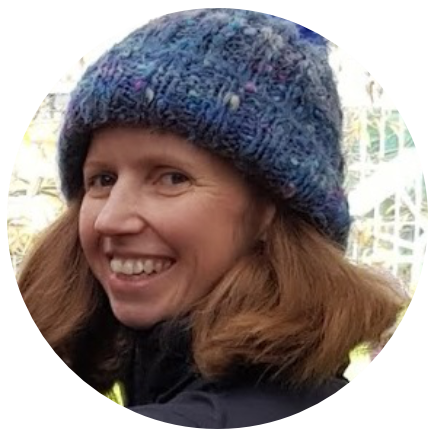 |
Fiona is a scientist in the Centre for Conservation Science at the RSPB. Her work aims to understand the status and trends of a broad range of species and habitats in the UK, and the underlying environmental variables which drive change in these, including conservation action. She works work with other NGOs, academics and statutory agencies to produce syntheses of these data for a range of audiences.
 |
Phil is a quantitative marine ecologist with an active interest in the use of GIS and statistical methods to address pressing wildlife conservation problems in the ocean. Phil’s background is in marine mammal science, although his work encompasses a range of other species including sharks, pelagic fishes, turtles and seabirds. Phil’s interests lie in the estimation of animal abundance and distribution, using frequentist and Bayesian methods. He is currently a Research Associate at the Centre for Research into Ecological & Environmental Modelling (CREEM) at the University of St Andrews, where he focuses on extrapolation in cetacean density models.
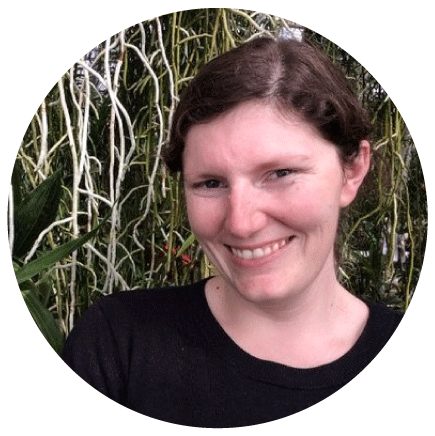 |
Sarah is a bioacoustician specialising in vertebrate ecology, animal behaviour, and underwater soundscapes. Her research focuses primarily on marine megafauna, including cetaceans (whales, dolphins, porpoises), pinnipeds (seals, sea lions), birds, and fish. Sarah is a prize-winning science communicator and tertiary educator with a strong interest in both public engagement and citizen science.
 |
Tom is a computational ecologist at the Centre for Ecology & Hydrology. Tom’s work focuses on the nexus between citizen science, technology, and data science. Tom works with statistical experts to develop methods for analysing species occurrence data and works to make these methods available to other academics and practitioners. Tom’s work spans a range of tools and technologies including; AI, computer vision, drones, mobile phone applications and web platforms.
 |
Simon is a global change ecologist at the Quantitative & Applied Ecology Group in Melbourne. He is interested in developing methods for integrated assessments of biodiversity change to better forecast the fate of biodiversity under different future scenarios. His particular focus is on understanding the importance of socioeconomic drivers and capturing impacts of global transitions by coupling models across scientific disciplines.
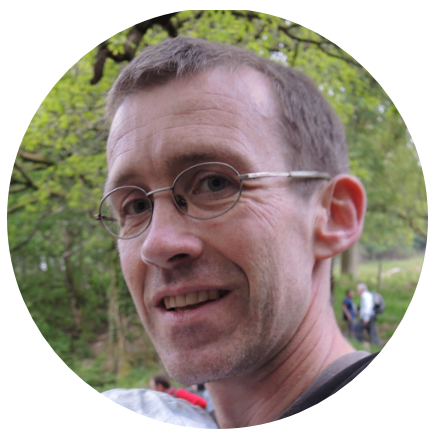 |
Jon is a mathematical biologist with research interests that combine ecological theory with ecological data. His active research areas are in ecosystem resilience (primarily grasslands), phenology, analysis of biological records, and modelling of dispersal for genetic diversity and population spread. Jon is also enthusiastic about teaching quantitative methods to life science students. A sample of teaching resources can be found on his website. His is secretary of the Irish Ecological Association (https://www.irishecologicalassociation.org)
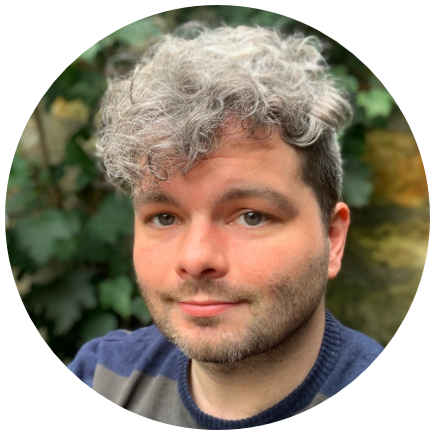 |
Shaun is an epidemiologist and quantitative ecologist. His core research currently focuses on mathematically modelling antimicrobial resistance (AMR) emergence and transmission in Trypanosoma congolense, one of the causes of Nagana, a wasting disease of African cattle. He is interested in AMR in a broader sense, and keen to explore the utility of mathematical models to produce actionable suggestions for AMR stewardship.